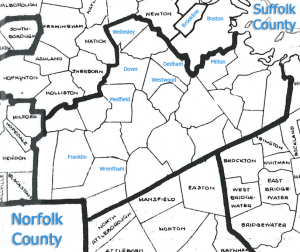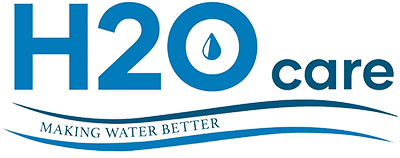Suffolk County Water Quality Issues

Boston drinking water
Boston’s drinking water comes from two source reservoirs in central and western Massachusetts, the Quabbin and the Wachusetts Reservoirs. In addition to the reservoirs, the system includes surface aqueducts, covered storage tanks, treatment facilities and deep rock tunnels. This system is known as the Metropolitan Boston Water System. The Massachusetts Water Resources Authority (MWRA) and the Department of Conservation and Recreation (DCR) jointly manage the Metropolitan Boston Water System. The MWRA provides treatment and distribution of drinking water to 50 communities in the metropolitan area, including Boston.
The DCR manages the lands adjacent to the source reservoirs and is responsible for keeping the reservoirs free from water quality contamination to the greatest extent possible. And finally, Boston Water and Sewer Commission (BWSC) delivers the water to homes and businesses throughout the City of Boston.
As one of MWRA’s water community members, BWSC represents approximately 33 percent of the current demand on the MWRA water supply. As indicated above, BWSC’s water comes from the Quabbin Reservoir and the Wachusett Reservoir, located about 65 miles and 35 miles west of Boston, respectively. The two reservoirs combined supplied an average of 214 mgd (millions of gallon a day) to consumers in 2007. The safe yield of the reservoir system is 320 mgd.
Water distributed to the Boston metropolitan area is conveyed from the reservoirs through the Cosgrove or Wachusett Aqueducts and treated at the MWRA’s John J. Carroll Water Treatment Plant at Walnut Hill in Marlborough. Treatment includes ozone disinfection, pH adjustment with sodium bicarbonate and the addition of chloramines and fluoride. Water leaves the plant through the Metro west Water Supply Tunnel and is stored in covered storage tanks, such as Norumbega Reservoir and the Loring Road Tanks, where it is held for deliver to the BWSC service networks. MWRA mains distribute water to the BWSC system at 29 metered delivery points.
Water Quality Issues in Suffolk County
Water quality issues typically addressed by residents includes chlorine taste and odor and high levels of sediment in the water creating clogging of faucets and shower heads along with hot water heater build up. Appropriate point of entry sediment and carbon filtration can typically address these issues. To achieve premium drinking water quality, many homeowners have had reverse osmosis filtration systems installed. This membrane technology is highly effective in creating premium purified drinking water. .
Call H2O Care at (800) 539-1100, or Email us today.
